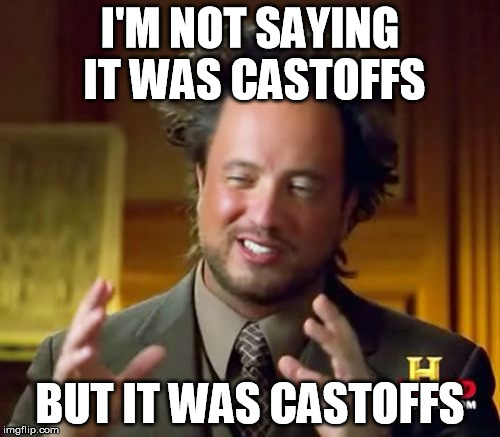One of the core tenets of Numenera is that none of the previous "worlds" will ever be explained, nor how humans reappeared on Earth.
That's actually a good thing. I'm not sure why many players want to have explained everything, as that usually takes all the mystery out of a setting. What is there left to find if everything is known?
It
can be a good thing. It depends on where you want to take it.
Consider my favourite "deep time" setting, Malazan, and ignore the last couple of volumes of it which explained way too much. You're hit with an avalanche of mysterious shit -- Jaghut Tyrants, levitating mountains which are relics of the K'Chain Che'malle, an entire people of undead 'thals, and so on and so forth. But you don't know anything at all about them, beyond the relics they left behind. That's awesome in every way, and the setting suffered when the author decided that he actually had to introduce you to a living K'Chain Che'malle and show you how Tool's people lived before they were undead-ed.
But that's not what Numenera does. It takes the "nothing shall ever be revealed" premise and continues with "therefore everything is allowed, nay, encouraged." You can throw in a half-functioning armoured railway system, a bunch of blobs made of nanites, a fishlike alien, and a levitating monolith made entirely out of sentient eyeballs, and it's all awesome. None of it has to have any relation to anything else. It's all completely random.
So yes, it is a good thing to leave unexplained mysteries, and one it would behoove fantasy authors to remember. But those mysteries still have to suggest an underlying logic. Maybe the author worked it out but isn't telling, or maybe he just made it look like he did, but it has to be there. Otherwise it's just confetti.































![Glory to Codexia! [2012] Codex 2012](/forums/smiles/campaign_tags/campaign_slushfund2012.png)



